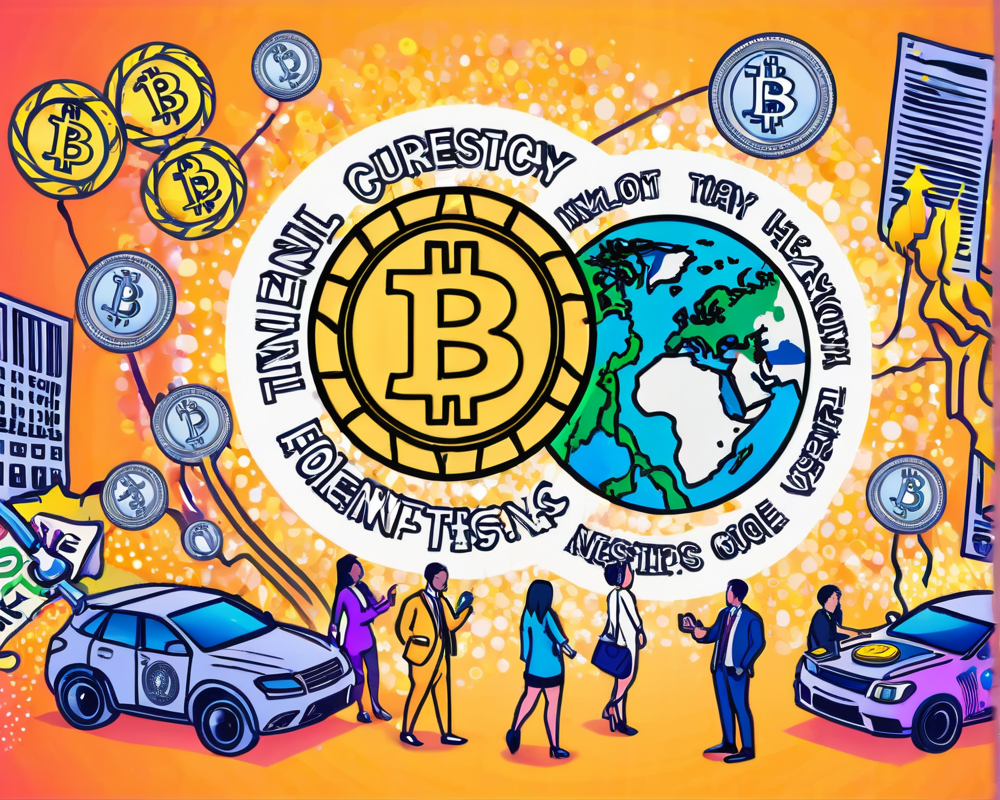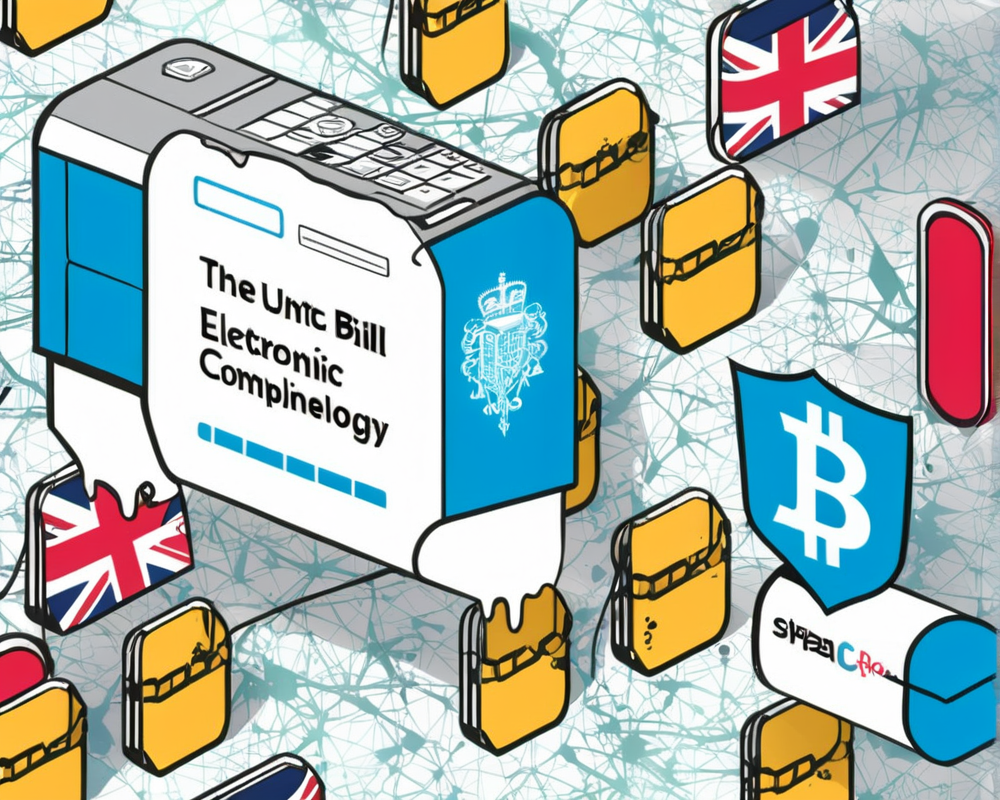South Korea’s Crypto Exchanges Face Deadline for New Compliance Rules Amid Concerns of Market Monopoly
Impending Deadline for Compliance
The clock is ticking for South Korean crypto exchanges as they scramble to meet the looming deadline for compliance with new financial regulations. Operators are under pressure to submit official license requests to the Financial Services Commission (FSC) by September 24—a date that’s fast approaching and leaving little room for last-minute scrambles.
Challenges for Smaller Exchanges
Smaller exchanges have contested these new requirements extensively, facing the heat of the FSC’s mandate to provide proof that they operate with real-name accounts through South Korean banks. While the FSC argues that this measure is designed to enhance consumer protections for assets held on smaller platforms, many are left scratching their heads when it comes to execution.
- Only the largest exchanges—Upbit, Bithumb, Korbit, and Coinone—seem to be on banks’ good sides, as they handle over 90% of total crypto trading volume in South Korea.
- This raises concerns about monopolization, leaving smaller exchanges gasping for air.
The Monopolization of the Market
Industry experts have voiced alarm that these regulatory measures could solidify a monopolized crypto market in South Korea, pushing nearly two-thirds of the estimated 60 crypto operators to the brink of closure. According to insights from Kim Hyoung-joong, head of the Cryptocurrency Research Center at Korea University, around 42 smaller altcoins, often referred to as “kimchi coins,” could vanish from the trading scene.
The Risks of a Bank Run
Lee Chul-yi, head of local exchange Foblgate, painted a grim picture, suggesting that we might witness a situation akin to a bank run as the deadline approaches. Investors with holdings in altcoins solely listed on smaller exchanges may find themselves suddenly landlocked, unable to cash out and facing unexpected losses. “Are regulators prepared for the aftermath of such chaos?” he questioned.
Impacts on International Operators
The ripples of these regulatory changes extend beyond local exchanges, with international players like Binance already halting Korean won trading pairs in anticipation of trouble. This proactive measure aims to keep them in the good graces of Korean authorities and avoid complications.
What Lies Ahead?
The FSC’s crackdown comes amid increasing concerns over retail investor practices, particularly among younger generations who may be taking on dangerous levels of debt to participate in crypto trading. With suppressive wages, stagnant job opportunities, and skyrocketing real estate prices, the landscape looks increasingly risky.
As much as crypto can be a wild ride, the current South Korean situation resembles a rollercoaster that few are prepared to ride. Buckle up—this isn’t just a market shake-up; it’s a full-blown identity crisis for South Korea’s crypto landscape.




